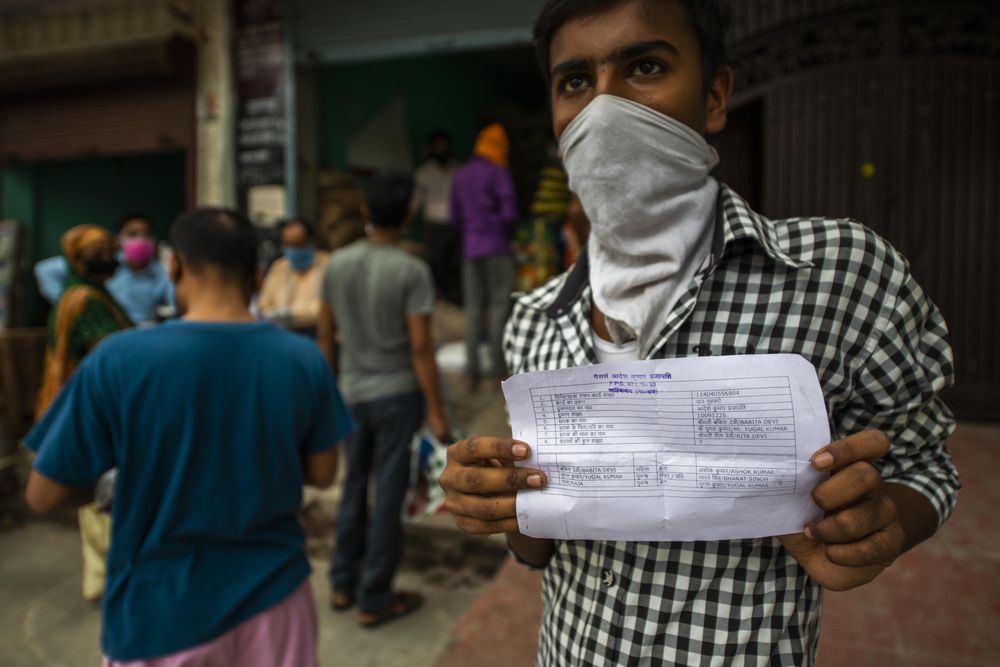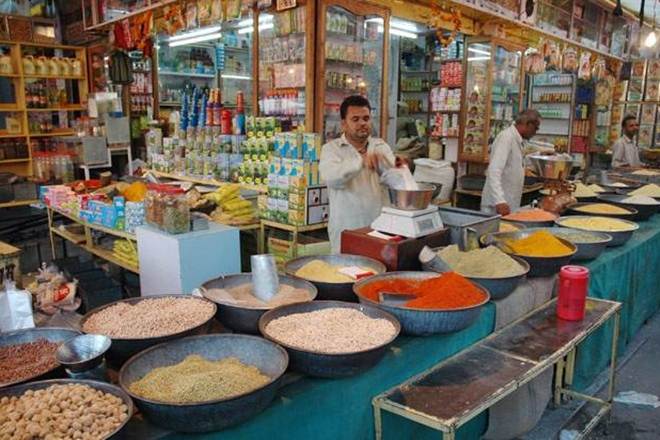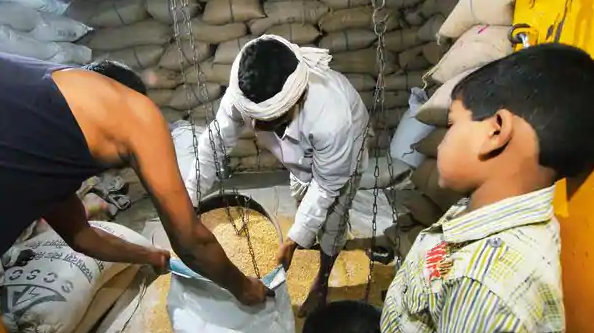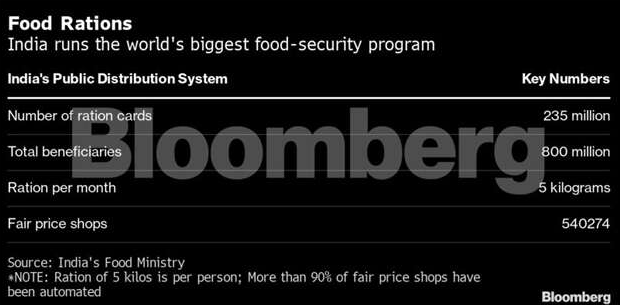Ashwajit Singh stated that One of the key challenges faced by the migrant workers in the cities at the beginning of the lockdowns was the lack of food security and a lack of access to foodgrains.
Under the program, people are now allowed to take their quota of foodgrains from a “fair-price shop” anywhere in India by giving their ration card number and providing biometric authentication. Until now Indians could only receive the rations in their hometowns, which could discourage some from moving away in search of work.
The coronavirus outbreak is accelerating a push to digitize India’s food-rationing system, allowing citizens to receive entitlements anywhere in the country — boosting labor mobility and the country’s economic recovery.
The “One Nation One Ration Card” system will include about 800 million people under the world’s biggest food-security program. Prime Minister Narendra Modi’s administration is betting that nationwide portability of rations can help bring migrants back to cities after the world’s largest lockdown — imposed in March with just a few hours’ notice — left […]
India, which is at the third spot after the US (4,238,500) and Brazil (2,419,091) in covid-19 cases, has been seeing a sharp upward trend of the disease in its cumulative cases average. This is despite India being far behind in testing than these countries. The country saw a record 50,000 infections in the past one […]








